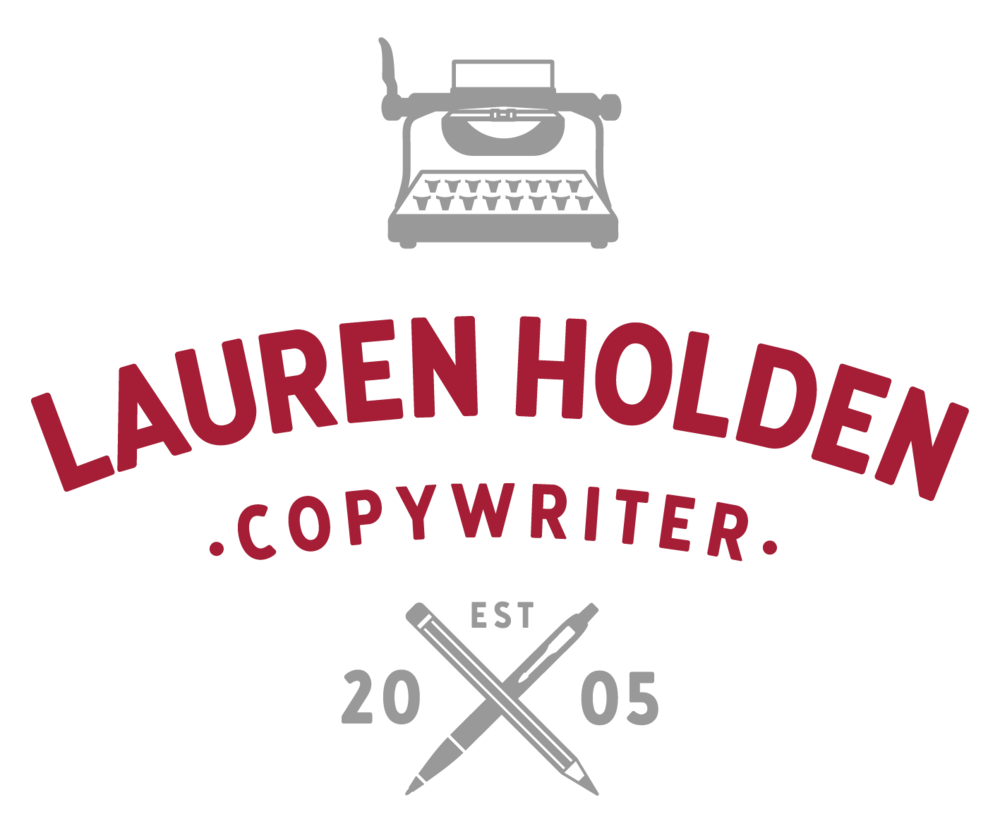When I was starting out as a writer, I was fortunate to have some great mentors who encouraged me along the way. The first was the news editor at the local newspaper I worked on; the second was the director of a former Leeds advertising agency.
I was treated to such a positive start to copywriting that I’m glad to be able to offer some help to would-be copywriters. So, when Douglas P Thorne got in touch, asking me if I’d be his mentor, I was happy to assist. Douglas was keen to write a blog post for my site and this is what he has come up with.
I’m impressed. I’m sure you’ll find it an interesting read, too. Take it away, Douglas…
“Free mentors…get your free mentors here!”
I mean…a lot of them aren’t around anymore, but let me explain.
If copywriting were a religion, you better believe I’d be worshiping the copywriting gods. Ogilvy, Coleman, Blume…do those names ring any bells? If you’re not familiar with these legends, let me learn ya somethin’; these are the people that have created the commandments of copywriting you can use to succeed.
By studying the greats in this business, you can cut the learning curve in half and start raking in profits faster (and prove all your haters wrong).
Whether you’re just starting out or you have some experience under your belt, one thing rings true: if you wanna be the best, you better study the best. Let’s learn about the top five copywriters that people pay big bucks to study in ad school.
David Ogilvy
“Don't bunt. Aim out of the ball park. Aim for the company of immortals.”
David Ogilvy lived between 1911and1999 and is considered the father of advertising.
Everything that you need to know about connecting to the audience you’re selling to can be found in Ogilvy’s philosophies. His take on human behavior, consumer thinking, and product presentation revolutionized the way companies advertise.
Ogilvy on Advertising is a fantastic resource to utilize in your journey as a copywriter. Dove, Rolls Royce, Sears, and many other huge companies owe their success to this man.
Joseph Sugarman
“It's not whether you win or lose in life that's important but whether you play the game. Lose enough and eventually you will win. It's only a matter of time.”
Joseph was born in 1938 and is still alive today. My favorite philosophy of his is that the greatest writers are the greatest editors.
For him, it’s about writing your first draft, fixing it, and repeating the process until your copy is refined and
effective. Joseph believes that in order to be a successful copywriter, you have to become an expert on what you’re trying to sell. Once you have every detail on the product, you can better connect to your audience.
His book, The Adweek Copywriting Handbook, is a must-read for any aspiring or expert copywriter.
Gary Halpert
“Get yourself a collection of good ads and DM pieces and read them aloud and copy them in your own handwriting.”
Gary Halbert was born in 1938 and passed away in 2007. He’s known as an entrepreneur, direct mail tycoon, and a successful businessman.
He spent time in Boron jail in the ‘80s for tax evasion, but during his time there he wrote a series of letters to his son about how to succeed in direct mail marketing.
These letters were published and became famous for being basically the Bible for copywriters. They became
known as The Boron Letter and can be found online for free. Every copywriter should study these letters throughout their career to remind themselves of the fundamental principles of human behavior and selling.
Laurence Blume
“Everybody eventually discovers that they are an individual with the power to affect their own lives and make it better or not.”
If you want to see what a modern successful copywriter looks like, Laurence Blume is your man. Check out his
website to find his portfolio if you’re looking for what good copy looks like.
He’s completed projects for the BBC, Guardian, Maclaren and more. You’ve probably seen his work somewhere before and studying his portfolio is well worth your time.
John Carlton
“People who never risk anything suffer the worst anxiety of all.”
John's been called "the most respected and ripped-off copywriting wizard alive".
Early in his career, he actually worked for Gary Halbert – talk about finding a good mentor! He is known as being one of the first pioneers of using emails, blogs, and podcasts to advertise the products companies were selling.
His book, Kick Ass Copywriting Secrets of a Marketing Rebel, is a must-read for anyone pursuing a career in copywriting.
These copy Titans know their stuff, so dust off the old notebook and get to schoolin’!
Studying what these greats preach can act as a shortcut for your success. Each has their own set of tools and resources that you can find in any copywriting course you’d pay top dollar for. By no means will the road by short and easy, but it’ll be well worth it to learn about some of the greats.
Until next time…
Thank you very much to Douglas P Thorne for contributing this guest blog post





